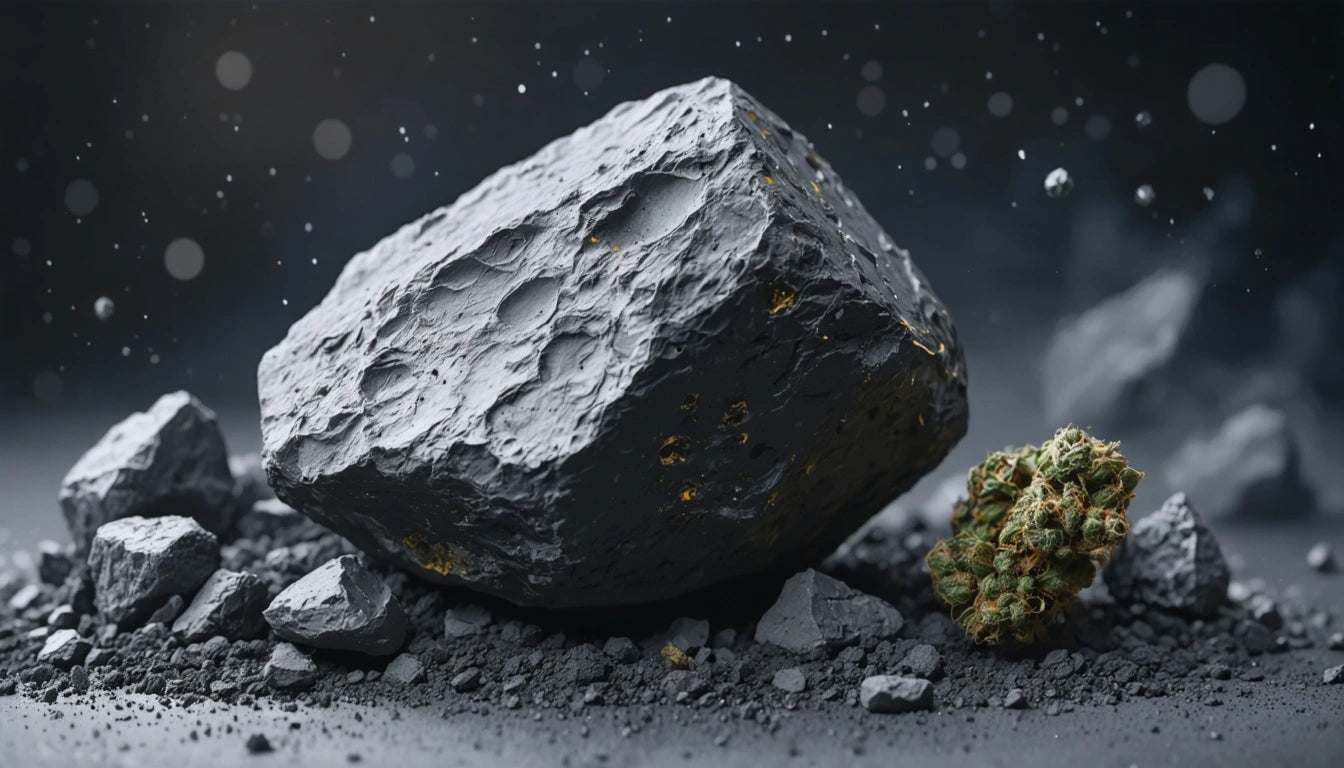Table of Contents
Comparing the Effects: High vs Drunk Experiences and Combinations
Understanding the differences between being high vs drunk can help consumers make informed decisions about substance use. While alcohol and cannabis are both widely consumed recreational substances, they affect the body and mind in distinctly different ways. This guide explores these differences, what happens when substances are combined, and important safety considerations for responsible use.
Physiological Effects: High vs Drunk
The physical effects of cannabis and alcohol differ significantly due to how each substance interacts with the body's systems.
Cannabis Effects
When experiencing a cannabis high, users typically report:
- Increased heart rate
- Dry mouth and eyes
- Altered sensory perception
- Potential decrease in blood pressure
- Relaxed muscles
As explored in this comprehensive guide on cannabis effects, the experience varies based on consumption method, dosage, and individual factors.
Alcohol Effects
When drunk, the body typically experiences:
- Decreased coordination
- Slowed reaction time
- Impaired balance
- Nausea (especially with excessive consumption)
- Dehydration
Unlike cannabis, alcohol directly affects the central nervous system as a depressant, slowing down brain function and neural communication.
Cognitive and Behavioral Differences
Being high vs being drunk produces notably different mental and behavioral states.
Cannabis typically produces:
- Heightened sensory awareness
- Altered time perception
- Increased creative thinking
- Potential anxiety or paranoia (especially in high doses)
Alcohol typically produces:
- Reduced inhibitions
- Impaired judgment
- Mood swings
- Memory impairment
- Slurred speech
The question "does being drunk feel like being high" has a clear answer: while there may be some overlapping sensations like lightheadedness, they are fundamentally different experiences with distinct cognitive effects.
The Crossfade Experience: When High and Drunk Combine
When someone is both high and drunk simultaneously, it's commonly referred to as being "crossfaded." This combination can create unpredictable effects that differ from either substance alone.
Can someone be drunk and high at the same time? Absolutely, but the experience often intensifies both substances' effects in ways that can be uncomfortable or even dangerous. Common crossfade effects include:
- Intensified disorientation
- Increased risk of nausea and vomiting
- Heightened anxiety or paranoia
- Greater impairment of motor skills
- Potential "spins" (room-spinning sensation)
The order of consumption matters significantly. As noted in this comparison of alcohol and cannabis effects, consuming alcohol before cannabis often intensifies the THC absorption, potentially leading to more severe impairment.
Identifying Factors: High vs Drunk Eyes and Other Signs
Visual cues can help identify whether someone is high, drunk, or both.
High vs Drunk Eyes
Cannabis typically causes:
- Reddened eyes due to expanded blood vessels
- Slightly droopy eyelids
- Normal pupil size (generally unchanged)
Alcohol typically causes:
- Glassy appearance
- Difficulty focusing
- Dilated pupils in low light conditions
- Reduced eye movement control
Other Identifying Factors
Beyond eye appearance, other factors distinguish being high vs drunk:
- Speech patterns (slurred with alcohol, potentially slower with cannabis)
- Coordination (significantly impaired with alcohol, less affected with cannabis)
- Scent (alcohol on breath vs cannabis odor on clothing/hair)
- Behavior (potentially loud and uninhibited with alcohol vs more introspective with cannabis)
Safety and Legal Considerations
Both substances carry legal and safety considerations that users should be aware of.
When it comes to driving, this analysis of driving risks shows that while both substances impair driving ability, alcohol tends to increase risky driving behavior more significantly than cannabis. However, both substantially increase accident risk, and driving under the influence of either substance is illegal.
For public intoxication, legal standards vary widely. This guide on public intoxication laws explains the varying legal frameworks across different jurisdictions.
Safety concerns extend to storage as well. Proper storage of both substances is crucial, particularly in households with children. Safety regulations for packaging help reduce accidental ingestion risks, similar to how medications and household chemicals require special containment measures.
Responsible Consumption Practices and Harm Reduction
Whether choosing cannabis, alcohol, or understanding their combinations, responsible consumption practices are essential:
- Know your limits and start with low doses
- Avoid mixing substances until you understand how each affects you individually
- Never drive or operate machinery under the influence
- Have a designated sober person present when trying new substances
- Stay hydrated, especially when consuming alcohol
- If experiencing adverse effects, follow these sobering techniques
- Store all substances in child-resistant packaging away from minors
Understanding the distinct differences between being high vs drunk helps consumers make informed choices about consumption. While both substances alter perception and behavior, they do so through different mechanisms and with different risk profiles. When used responsibly and with proper awareness of their effects, adults can minimize potential harms associated with either substance.











Leave a comment
All comments are moderated before being published.
This site is protected by hCaptcha and the hCaptcha Privacy Policy and Terms of Service apply.